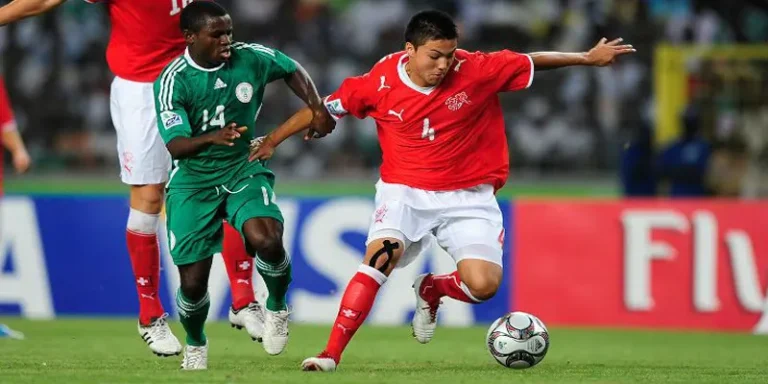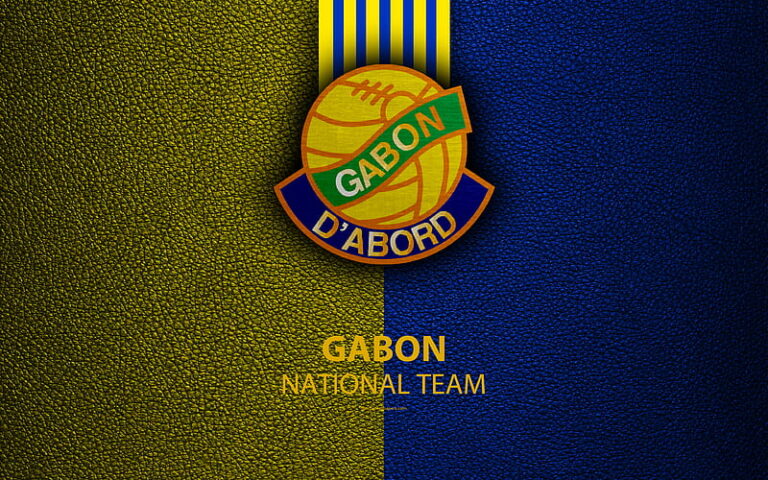Bournemouth FC, officially known as AFC Bournemouth, is one of the most inspiring stories in English football. From nearly falling out of the Football League to becoming a respected name in the Premier League, the club’s journey reflects passion, perseverance, and smart management. Based on the south coast of England, in the seaside town of Bournemouth, the Cherries have built a strong identity through attacking football, community values, and unwavering determination u888 ceo.
The Origins and Foundation of Bournemouth FC
Founded in 1899 as Boscombe FC, the club was initially a small local team playing in regional competitions. In 1923, after years of steady growth, it joined the Football League Third Division South, marking the start of its professional journey. The club adopted the name AFC Bournemouth in 1972, with the “A” ensuring it appeared first alphabetically in league lists.
Bournemouth’s early decades were modest, spent mostly in the lower divisions. However, even during financially difficult times, the club maintained its reputation as a family-oriented, community-driven side that focused on nurturing local talent.
The Miracle of the Modern Era
Bournemouth’s modern success story is nothing short of a football miracle. In 2008, the club faced severe financial trouble and a massive points deduction that nearly led to relegation from the Football League. Under new ownership and the guidance of Eddie Howe, a young and ambitious manager, Bournemouth staged one of the most remarkable comebacks in English football history.
Eddie Howe took charge in 2009 when the club was near the bottom of League Two. Through disciplined management, clever transfers, and an attacking philosophy, Howe guided Bournemouth up the ranks—winning promotions in 2010, 2013, and finally reaching the Premier League in 2015 for the first time ever.
Their rise from the fourth tier to the top flight in just six years became a symbol of hope and strategic growth for smaller clubs across Europe.
The Premier League Era
Once in the Premier League, Bournemouth quickly became a fan favorite for their entertaining, attacking style of play. Despite having one of the smallest stadiums in the league—Vitality Stadium, with a capacity of just over 11,000—the Cherries made a big impression.
Between 2015 and 2020, Bournemouth managed to secure several memorable victories over traditional giants like Chelsea, Manchester United, and Liverpool. The club’s fearless approach and commitment to beautiful football earned widespread respect.
During this period, players such as Callum Wilson, Joshua King, Ryan Fraser, and Nathan Aké became household names, representing the heart and energy of the team.
Challenges and Resilience
The 2019–2020 season proved difficult, and Bournemouth was relegated from the Premier League. However, the club’s strong infrastructure and fan support helped it remain competitive in the Championship. Under Scott Parker, Bournemouth earned promotion back to the Premier League in 2022, demonstrating once again the resilience that defines the Cherries.
The return marked a new chapter focused on sustainability, player development, and tactical evolution. With solid financial management and an ambitious ownership group led by Bill Foley, the club aims to build long-term success at the highest level of English football.
Vitality Stadium – The Heart of the Cherries
Located in Kings Park, the Vitality Stadium has been Bournemouth’s home since 1910. Although modest in size, it offers one of the most intimate and passionate atmospheres in English football. Fans sit close to the pitch, creating an intense connection between players and supporters.
Plans have been discussed to expand or move to a new stadium that reflects Bournemouth’s growing ambitions. Regardless of where they play, the sense of community and togetherness remains central to the club’s culture.
The Club Philosophy and Playing Style
Bournemouth’s identity is built on attacking football, intelligent passing, and youth development. From Eddie Howe’s days to the current era, the Cherries have prioritized an energetic and positive style. They emphasize teamwork, discipline, and adaptability—values that have kept them competitive even against clubs with far greater financial resources.
In recent seasons, Bournemouth has invested heavily in youth scouting and sports science, aiming to become a model of modern football development. Their focus on building rather than buying success has earned admiration across the football world.
Key Players and Rising Stars
Bournemouth continues to blend experience with young talent. Players like Dominic Solanke, Philip Billing, and Neto play pivotal roles, while emerging stars such as Antoine Semenyo and Milos Kerkez showcase the club’s bright future. The team’s strength lies in its balance—solid defense, fluid midfield, and a clinical attacking line.
Under the management of Andoni Iraola, Bournemouth has adopted a more pressing-based approach, combining tactical discipline with creative flair. The club’s commitment to growth, both on and off the field, reflects its long-term ambition to remain a stable Premier League presence.
Community and Fan Engagement
AFC Bournemouth has always been deeply rooted in its local community. Through the AFC Bournemouth Community Sports Trust, the club supports various initiatives related to education, health, and inclusion. This connection with fans has been vital in maintaining loyalty and pride, especially during challenging times.
The club’s supporters, often referred to as the Cherry Army, are known for their passion and positivity. Whether at home in Vitality Stadium or away across the country, they create a sense of belonging that motivates the team.
The Future of Bournemouth FC
Looking ahead, Bournemouth’s vision extends beyond survival. The club aims to establish itself as a consistent mid-table Premier League side, develop world-class youth prospects, and expand its global reach. With strong leadership, modern facilities, and a clear footballing philosophy, Bournemouth is well-positioned for sustainable success.
Their journey—from near extinction to Premier League stability—symbolizes what dedication and smart planning can achieve in modern football. As they continue to challenge bigger clubs and inspire smaller ones, Bournemouth FC remains one of the most admirable stories in English sport.
Conclusion
AFC Bournemouth represents far more than a football team; it stands for hope, community, and ambition. The Cherries’ story is proof that even the smallest clubs can dream big and achieve greatness through hard work and vision.
As the club builds for the future, Bournemouth FC continues to captivate fans worldwide with its fighting spirit and commitment to excellence—solidifying its place as one of the Premier League’s most beloved teams.





